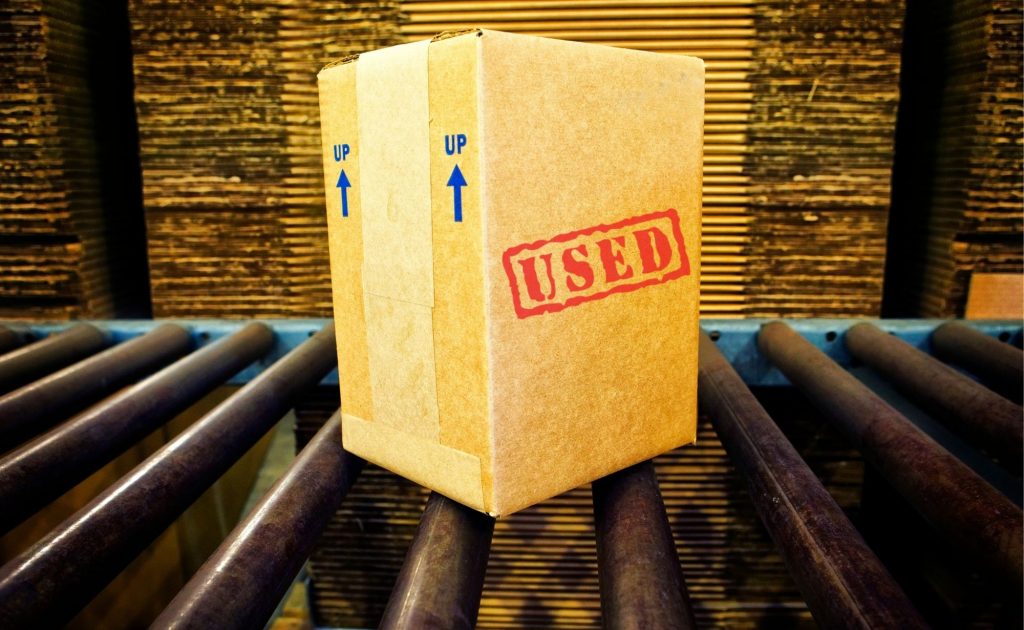Lorne Lipkus
Partner, Kestenberg Siegal Lipkus LLP
Melissa Tarsitano
Associate, Kestenberg Siegal Lipkus LLP
Thankfully—after numerous consultations—in 2015, Canada’s Border Services Agency (CBSA) introduced the Request for Assistance (RFA) program. This enables rights holders to record their registered trademarks, copyrights, and geographical indications with the CBSA, and empowers Border Services Officers to detain commercial imports and exports containing suspected counterfeit and/or pirated goods pertaining to recorded IP rights.
Not only that, but there is also no filing fee to record your IP rights with the CBSA and it remains a relatively inexpensive tool to have in your anti-counterfeiting toolbox. For small and medium enterprises (SMEs), this means that for little or no cost, in many instances, they can take effective steps to protect their IP rights.
Notably, in the past two years, the CBSA has detained an increasing number of shipments of all sizes that have become pivotal in identifying: recidivist importers, widespread local selling groups and major distributors overseas.
Brands that have been seeing increased detentions during that time agree that the RFA program can truly assist brands and brand protection professionals in identifying recent trends that can be applied to other aspects of their global brand protection strategy. This has also included increased detentions that directly impact SMEs—smaller courier shipments and repeat offenders.
With the influx of shipments that have been detained in the past two years, and the review of real time documents received from CBSA, trends that counterfeiters and networks are relying on in their effort to evade enforcement and detection have emerged.
First, there has been a significant number of importers using alias’ and sending shipments to friends and family, following the detainment of a shipment belonging to them. Once their initial package is detained and they are flagged by the CBSA, those of record for the brand will get a notice, weeks or months later of a shipment being sent to the same address using a different name. Additionally, information of a shipment many times lists the same e-mail address or phone number that can be linked to previously detained goods. This is information that SMEs can share with other brands and collectively they can take steps to protect their IP rights—sharing costs and resources with resultant savings to all the brands.
The information provided by CBSA has also identified a high volume of live sellers with substantial inventory overseas that target groups in a particular region of Canada. Live selling, or livestream selling, is the practice of using a platform’s “go live” function or streaming function to host a sale and the video can be deleted immediately after the broadcast or, on some platforms, saved to the page for later viewing. This, notwithstanding it is difficult to detect, capture, and enforce against sellers who live stream their sales, especially when the sale is not archived to the page.
Another trend that has been amplified through the increase in RFA matters is the intentional order and importation of smaller shipments. Importers are shipping smaller quantities in an attempt to evade detection and enforcement. In some instances, goods are shipped separately from retail materials and packaging such as dust bags, retail bags and falsified receipts as importers likely assume this will assist in masking the commercial nature of their shipment.

One final trend that correlates to goods being shipped in smaller quantities are goods being declared as USED. Several shipments being declared as used, but the goods are being shipped like new with packaging and are actually counterfeit. Upon additional investigation, these goods and exporters are eventually linked to groups, pages and websites that use certain terms like “pre-loved” or used in a strategic way to avoid detection from the online platform or storefront that they are on.
Canada has been making significant and increased strides in keeping up with the ways in which importers seek to circumvent our laws to trans-ship or import for sale counterfeit or pirated products into Canada. These measures benefit both SMEs as well as bigger brands. Accordingly, SMEs should waste no time in taking advantage of these effective and simple steps—file your RFA!
Often, the information relating to the importer allows for an immediate investigation into the importer’s business, resulting in information that can be used to establish the fraudulent activity that assists in the termination of an importer or businesses payment processing abilities. This provides an effective deterrent to the illegal activity being conducted by the importer.
The CAFC (Canadian Anti-fraud Centre) remains a leader, through their Project Chargeback program, in taking away a fraudsters ability to transact their illicit activity. The CAFC, and the legitimate organizations providing payment processing, set out clear and easy to follow guidelines to help victims of fraud fight back against counterfeiters. In doing so, we hope Canada continues to take steps to improve its reputation in the anticounterfeiting community.
Speak to your brand protection team to make sure they are utilizing these inexpensive, yet extremely effective tools to improve your program.
THE BRAND PROTECTION PROFESSIONAL | SEPTEMBER 2021 | VOLUME 6 NUMBER 3
2021 COPYRIGHT MICHIGAN STATE UNIVERSITY BOARD OF TRUSTEES
